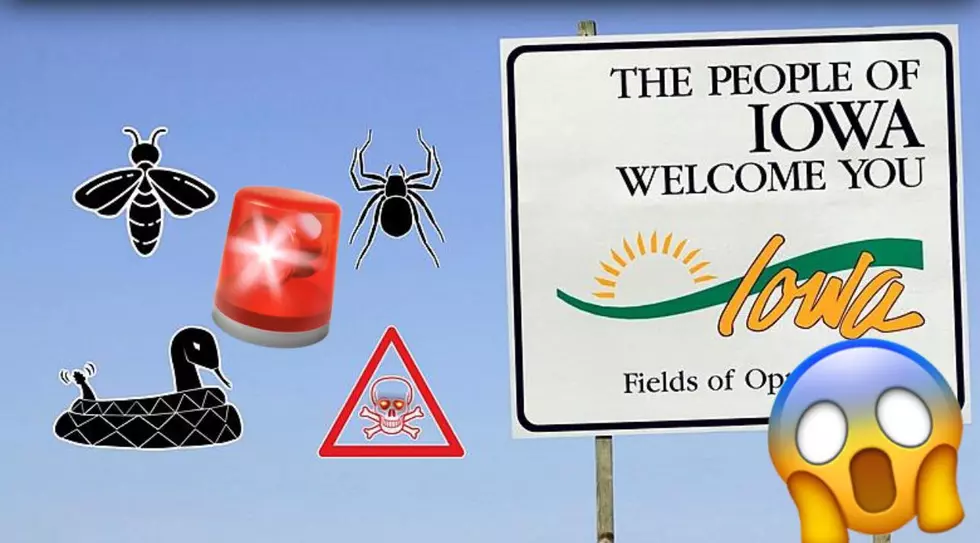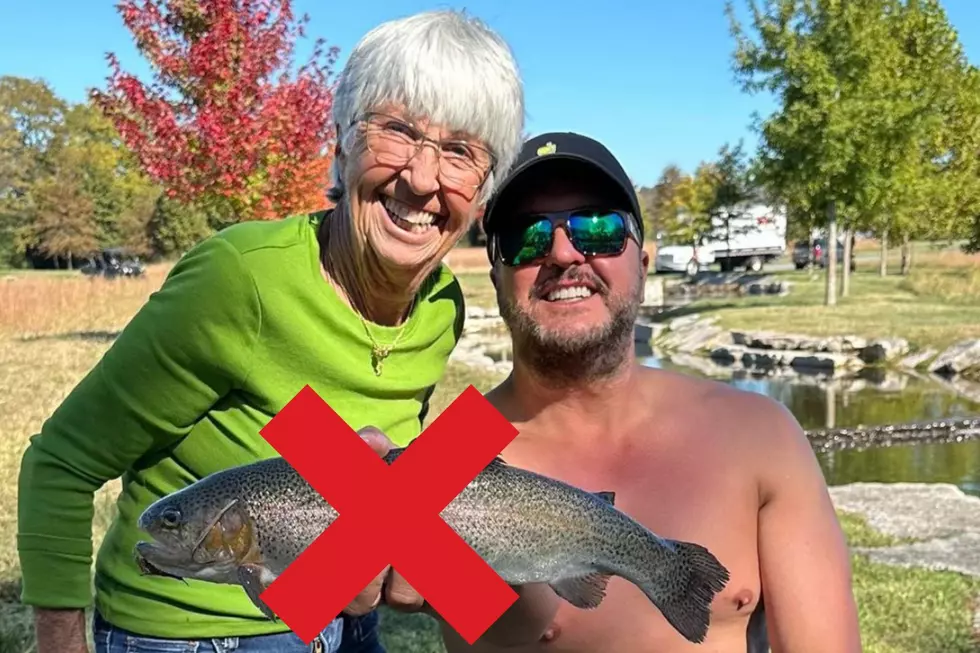
Conaway Releases ‘Chairman’s Mark’ Farm Bill Draft
House Agriculture Committee Chairman Mike Conaway released his draft of the next farm bill Thursday, known as the Agriculture and Nutrition Act of 2018. Introducing the bill, Conaway stated: “Except for the SNAP portion, this a bipartisan bill.” He says the legislation would be open for amendments.
Conaway says his draft of the bill “keeps faith with our nation’s farmers and ranchers,” and also “keeps faith” with Supplemental Nutrition Assistance Program users by “offering SNAP beneficiaries a springboard out of poverty to a good paying job.” However, opponents to his plan say millions would lose SNAP benefits under his legislation. The Conaway bill would require all SNAP users to work or be in job training programs except for children, seniors, the disabled and women who are pregnant or taking care of children under six-years-old.
House Speaker Paul Ryan, who announced he will not seek re-election, said he would like to see action on the farm bill this spring. However, Republicans could opt to replace Ryan as Speaker before his term is finished. Markup of the farm bill in the House Agriculture Committee is planned for this coming Wednesday.
Democrats on the Agriculture Committee appear displeased by the draft. Ranking Member Collin Peterson says of the bill: “It makes no sense” to put agriculture and the farm safety net “at risk in pursuit of partisan ideology on SNAP.” Peterson says the bill’s nutrition title is “based on false perceptions and ignores reality,” along with ignoring the testimony of 89 witnesses regarding SNAP. The bill, Peterson says, also “fails to make needed improvements to the farm safety net.”
The Agriculture and Nutrition Act of 2018 is bill number HR-2, and Conaway says low bill numbers are reserved for highly important legislation. For reference, the Republican tax bill passed by Congress was HR-1 in the House.
The draft of the bill would make improvements to the farm safety net, according to Conaway, including the ARC and PLC programs, allowing reference prices to adjust to better market conditions. The bill also seeks to minimize the ARC program variations between counties. The bill makes changes to conservation programs, and adds funding for rural broadband, rural development, and seeks to address the rural opioid crisis.
The draft also includes a sought-after Foot and Mouth Disease vaccine bank. The draft calls for first-year mandatory funding of $150 million for the vaccine bank, $70 million in block grants to states for disease prevention and $30 million for the National Animal Health Laboratory Network. For the other years of the five-year Farm Bill, there's $30 million in mandatory funding for state block grants and $20 million to be used at the Agriculture Secretary's discretion. Although the disease was last detected in the United States in 1929, it is prevalent in many parts of the world, according to the National Pork Producers Council.
Find the text of the bill here: HERE
Source: NAFB News
More From AM 950 KOEL
![NASCAR Star Bubba Wallace Is Going To Be A Dad – [See Pictures]](http://townsquare.media/site/204/files/2024/04/attachment-Bubba-Wallace.jpg?w=980&q=75)








